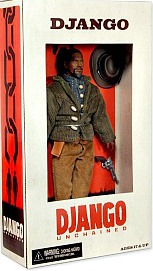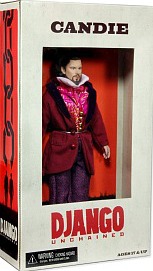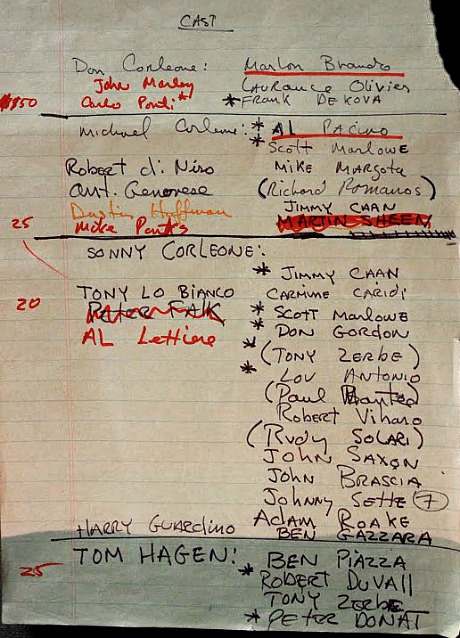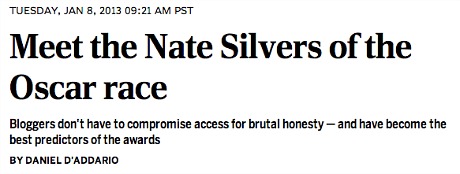“The seven basic plots: Quest, Voyage/Return, Rags to Riches, Comedy, Tragedy, Overcoming the Monster and Deepthroat.” — tweeted from Tokyo by Jack Reacher director & co-writer Chris McQuarrie.
Most industry-centric people who vote for awards do so with four considerations or goals in mind. One, they vote for the emotional resonance factor (“That’s kinda my story up there on the screen, and therefore I feel a certain kinship and want to affirm that”). Two, they vote in order to kowtow to the powerful and in so doing invite feelings of emotional comfort and professional security (i.e., why people vote for Steven Spielberg when he’s made a good film). Three, because they find the plot and/or subject matter to be comforting or heart-warming or reassuring on some level. And four, because they like the way the plot unfolds within the realm of its choosing and stays there, or in other words the way it refuses to fart around by shifting from one realm (“comedy”) to another (“overcoming the monster”).
At no time in their professional lives and not even under penalty of death will a significant percentage (much less many or a majority) of voters support a film because the high level of craft that went into it. Craft considerations are strictly for the acting categories and the tech branches. Best Picture voters (and I include myself to some extent as I just voted yesterday for the Broadcast Film Critics Association’s Critics Choice Awards) vote for themselves and what they’re hoping to get out of it. One way or another they almost never vote for” the best.” They vote in order to make themselves feel better and safer and…whatever, less scared of financial destitution and death.
I’m different. I actually vote for quality all the way except (when it comes to my kneejerk reaction to almost any Steven Spielberg film shot by Janusz Kaminski and made after Schindler’s List), but that makes me an outlier. And I accept that.
Most of the 2012 Best Picture nominees are quest films. People like quest films because they’re relatively simple and schematic (with the exception of Zero Dark Thirty) as well as followable and satisfying and yaddah yaddah. Those that operate outside this realm and/or mix plot themes or style signatures (like Silver Linings Playbook, The Master and Anna Karenina) have received highly impassioned mixed reactions because many people generally don’t like the feeling of a movie doing this and also doing that. Most people prefer movies that just do this, period.
In some peoples’ minds Silver Linings Playbook is an oddball because it’s a Comedy that also focuses on Overcoming The Monster. That unsettles some folks. They just want to laugh and feel good have a good time, and they don’t want to know from (or flirt with) mental-health monsters. This basically describes your slow-on-the-pickup under-30 female audience that was hesitant to see David O. Russell‘s film in the early stages.
Zero Dark Thirty is a quest film. (They try and try and try, and then they hit pay dirt and get it done.) Life of Pi is a voyage/return film, and one that isn’t necessarily about a Bengal tiger but who cares either way because we’re still stuck in that fucking lifeboat for an hour or so. Argo is a quest film. Beasts of the Southern Wild is a quest film. Les Miserables is a Voyage/Return film.
The Master is a mixture of a Voyage/Return film and Overcoming The Monster, which obviously a significant group has had a problem with.
Lincoln is a quest film (i.e., we must pass the 13th Amendment!) that sticks to its turf and doesn’t shilly shally, and is therefore satisfying to people who like their movies to be about meat and potatoes and dark gravy and a vegetable on the side. It comes with the emotional comfort factor (“After all these years of being taught what a great man Abraham Lincoln was, I finally get to meet and hang with him and even get to know him a bit! That makes me feel kinda good!”) and an industry-comfort factor by way of a standard Spielberg kowtow (“If I vote for a Spielberg film maybe I’ll inherit a certain positive industry karma and — who knows? — my son or daughter might get a job on one of his films”)






